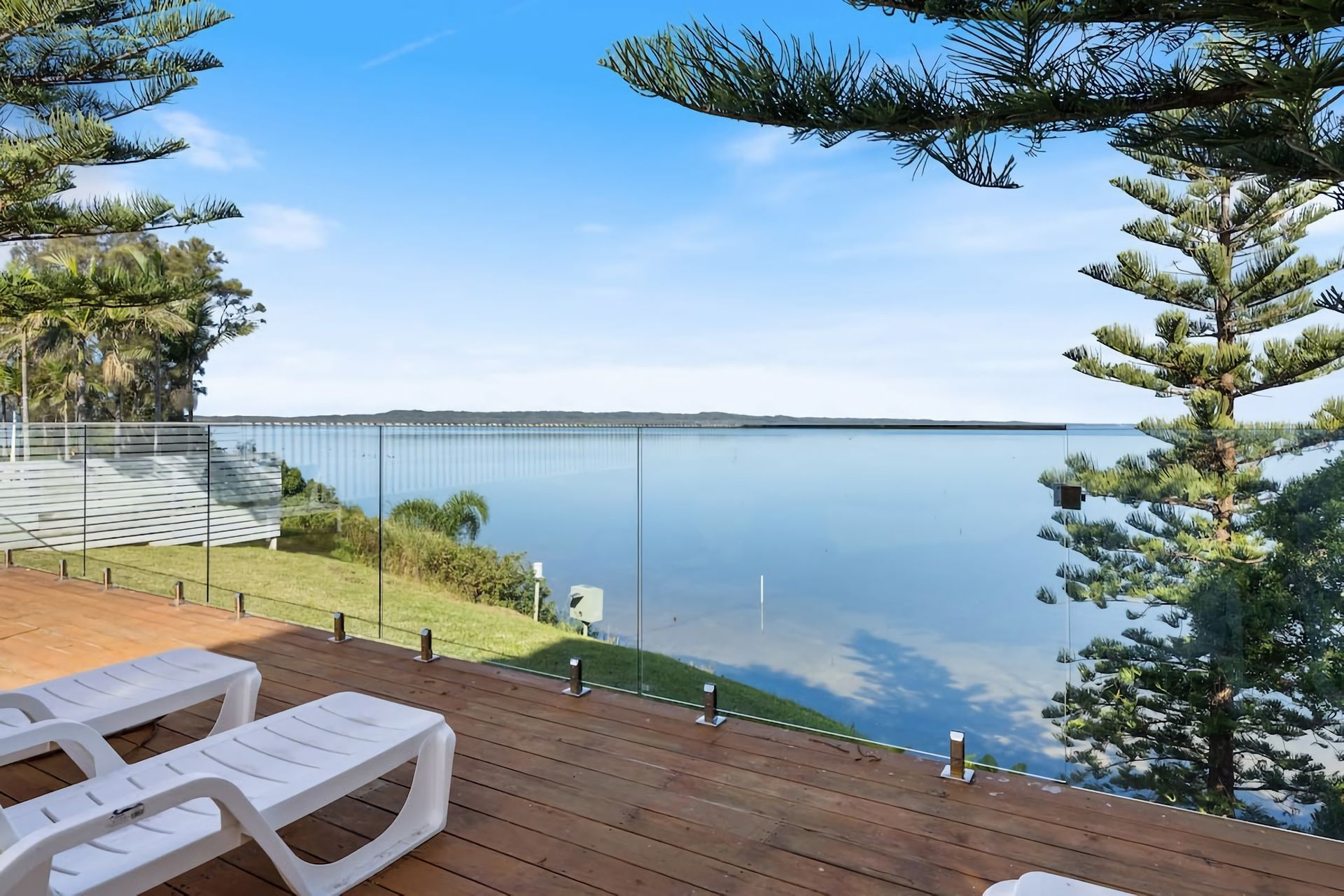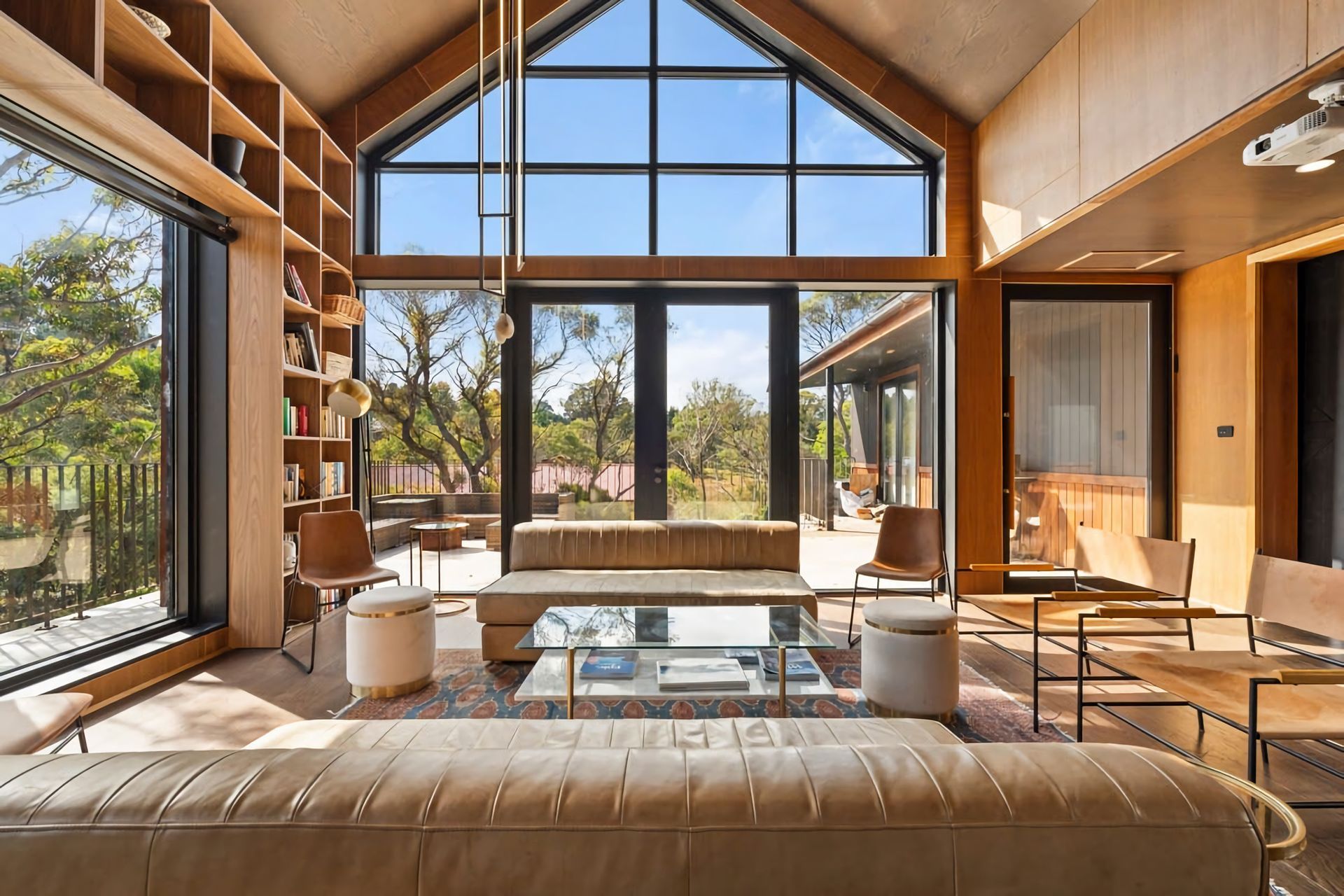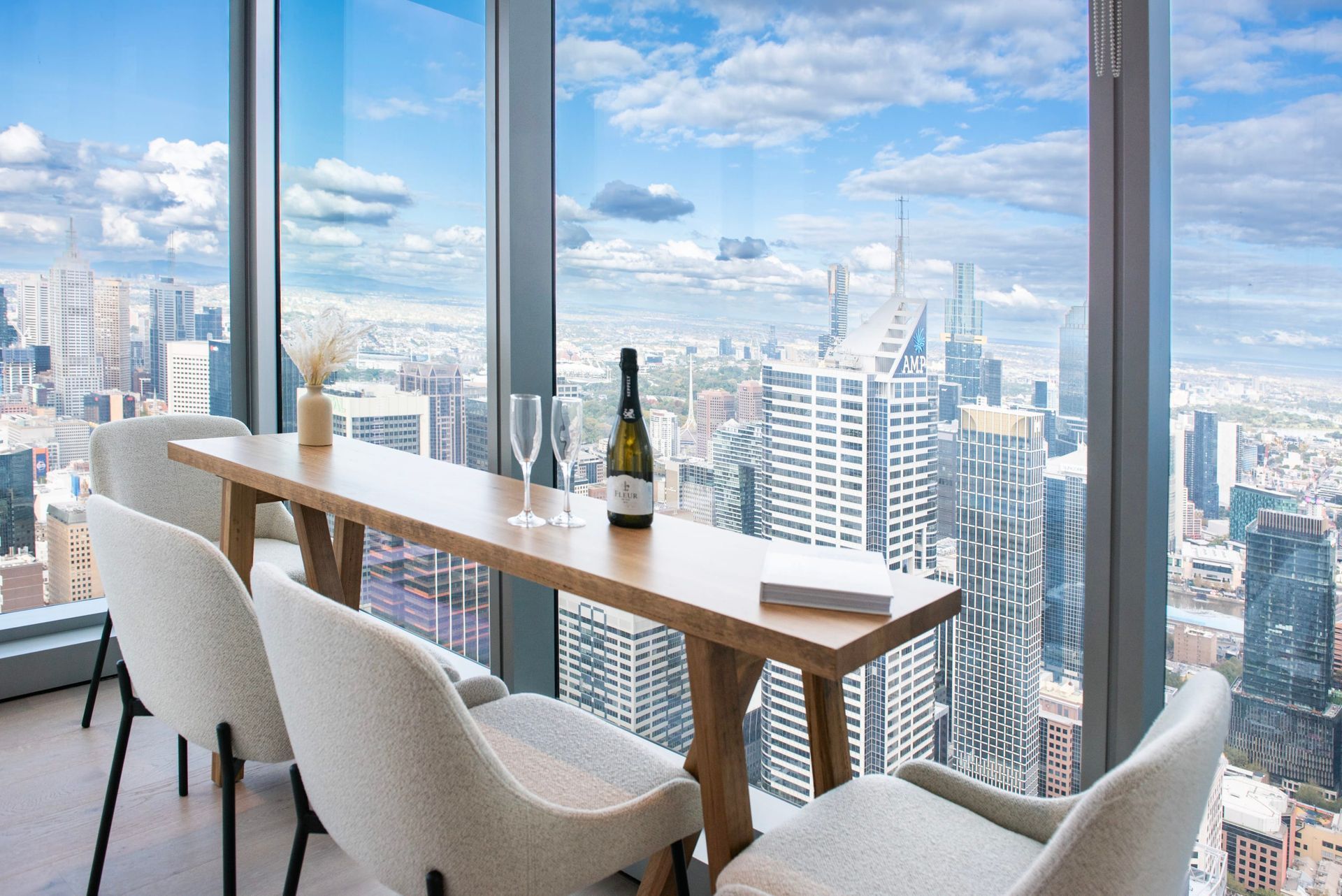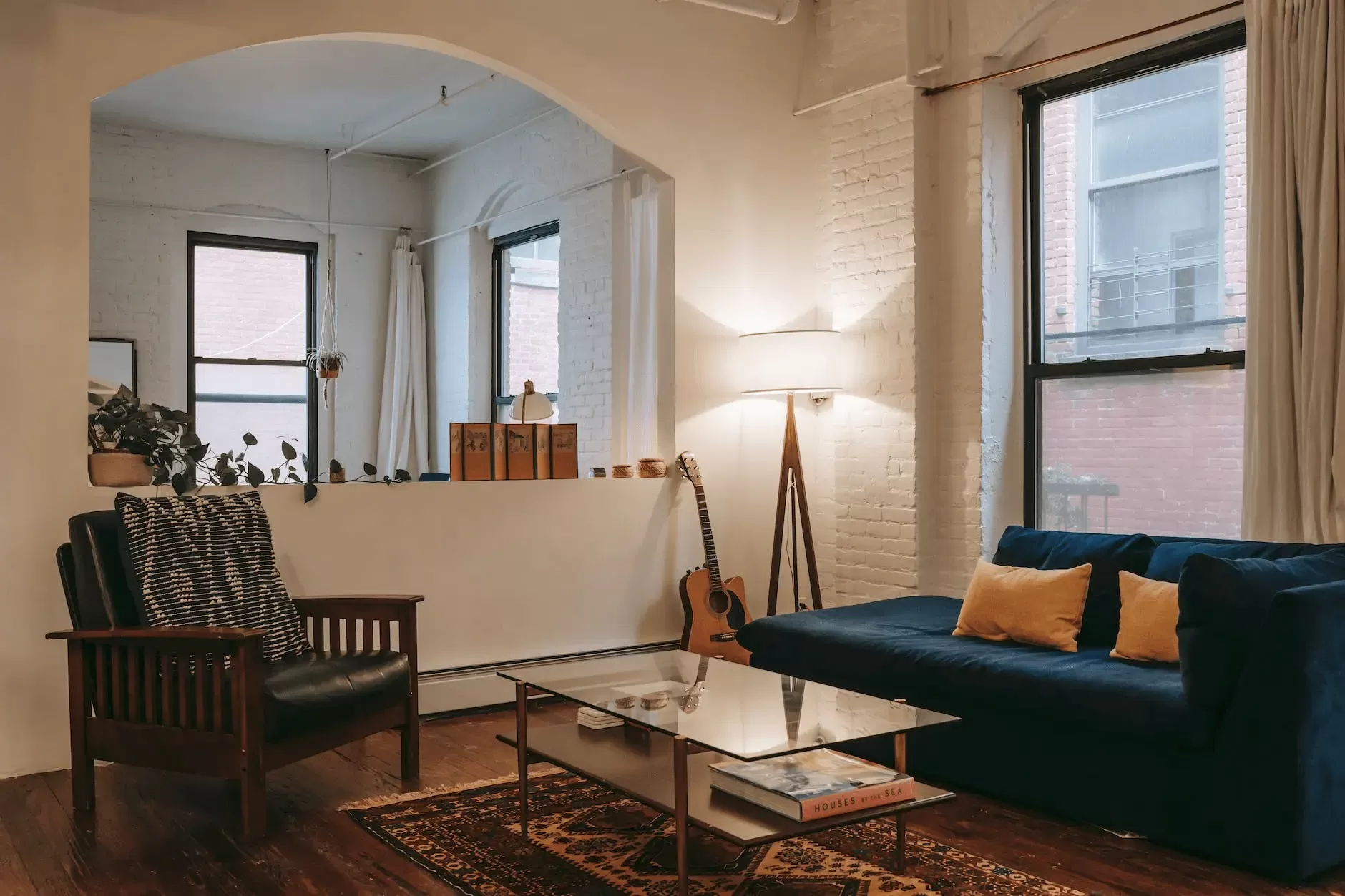Managing a holiday rental property can be a rewarding venture, offering both flexibility and the potential for significant income; however, the journey to profitability isn’t always straightforward. Many property owners find themselves juggling various responsibilities, from guest communications to maintenance and marketing, all while trying to keep their rental booked and profitable.
For self-managing owners, the challenge lies in balancing these tasks efficiently to maximise returns. Implementing effective strategies can help you maintain and improve profitability while reducing the time required for day-to-day operations.
Setting Up Your Holiday Rental for Success
Creating a strong foundation is crucial for ensuring your holiday rental property stands out and attracts bookings. The setup process starts with the property’s presentation. First impressions matter, so investing in professional photography is a must. High-quality images can highlight the property’s best features and appeal to potential guests scrolling through multiple listings. A well-written description should cover key amenities, nearby attractions, and any unique features that set your property apart.
Focusing on the guest experience is also key. Before the first booking, ensure the property is well-maintained, clean, and stocked with necessary supplies. Details like fresh linens, toiletries, and a welcoming environment can make a big difference in guest satisfaction and reviews, leading to repeat bookings.
Pricing Strategies to Maximise Profits
Effective pricing is one of the most important factors in running a profitable holiday rental property. Dynamic pricing, which adjusts rates based on factors like market demand, local events, and seasonality, can help ensure your property remains competitive. Researching your local market, understanding peak seasons, and being aware of upcoming events in the area will allow you to adjust your rates to match guest demand and maximise occupancy.
Striking the right balance between competitive pricing and maximising revenue is essential. While lowering prices may fill vacancies, underpricing can hurt profitability in the long run. On the other hand, pricing too high could deter potential guests. Regularly reviewing and updating your rates based on performance data can help maintain that balance and ensure you’re making the most out of each booking.
Marketing and Guest Satisfaction
Maintaining a profitable holiday rental property requires strategic marketing and a strong focus on guest satisfaction. Effective marketing can increase your property’s visibility, attracting more bookings, while guest satisfaction helps build a reputation that leads to repeat guests and positive reviews. Ensuring your property is listed on multiple platforms and well-presented are essential first steps, but ongoing marketing efforts, such as leveraging social media or offering promotions, can further boost your visibility.
Guest satisfaction, however, is what will keep your property profitable in the long run. Providing excellent customer service, addressing guest concerns promptly, and maintaining a clean, well-stocked property will contribute to high review scores. Encouraging feedback and responding to reviews, both positive and negative, can also help improve your reputation and attract more guests.
Improving Operations to Save Time and Money
Running a holiday rental can be time-consuming, especially when managing guest communications, cleaning schedules, and maintenance. Automating tasks can save considerable time and reduce operational costs. For example, automated messaging tools can handle guest inquiries, booking confirmations, and check-in instructions, allowing you to stay responsive without the constant back-and-forth.
Similarly, setting up automated cleaning schedules that align with bookings ensures your property is always ready for the next guest without last-minute scrambles. Regular maintenance is also key to avoiding costly repairs. Scheduling periodic checkups can prevent small issues from becoming major expenses.
For owners who find managing these tasks overwhelming, professional property managers like AirKeeper offer a comprehensive solution. They handle everything from guest communications to maintenance and cleaning, helping to reduce time spent on day-to-day tasks while keeping operational costs in check.
Why Choose AirKeeper?
AirKeeper brings a wealth of expertise when it comes to setting up holiday rental properties for maximum visibility and bookings. AirKeeper focuses on delivering exceptional guest experiences that lead to better reviews, repeat bookings, and increased profitability. With a deep understanding of dynamic pricing strategies, AirKeeper ensures that your property remains competitively priced year-round, taking into account seasonality and market demand to help you stay profitable.
By leveraging their professional property management services, owners can minimise the stress of day-to-day operations while enjoying higher yields and more consistent bookings. From property setup to ongoing management, AirKeeper offers a comprehensive solution that optimises every aspect of your holiday rental, allowing you to maximise your investment with minimal effort.
Let AirKeeper Handle it for you
Managing a profitable holiday rental property requires attention to detail, smart pricing strategies, and efficient operations. While self-managing owners can implement these tips to enhance their returns, professional management often provides the best way to save time and maximise profitability. With AirKeeper’s expertise in property management, owners can reduce their workload, improve guest satisfaction, and optimise rental income year-round.
Ready to take your holiday rental to the next level? Contact AirKeeper today for a free consultation or property appraisal.




